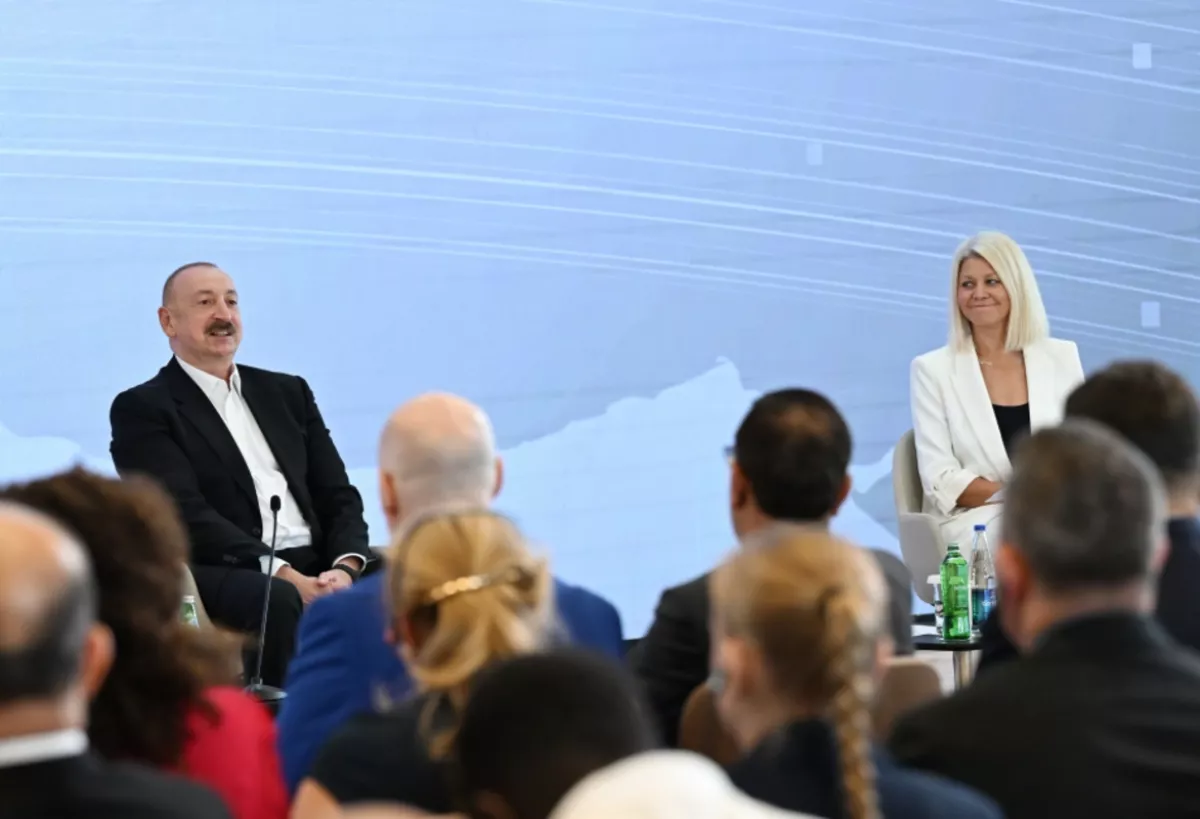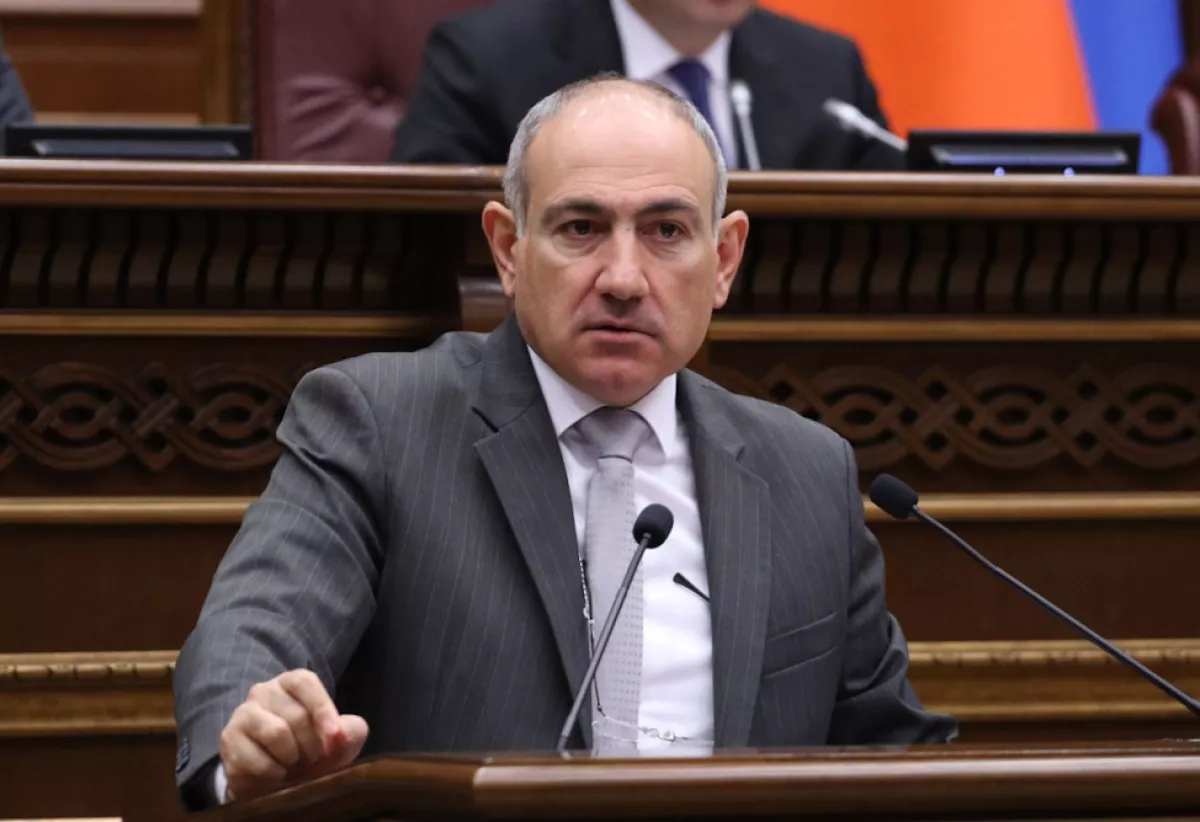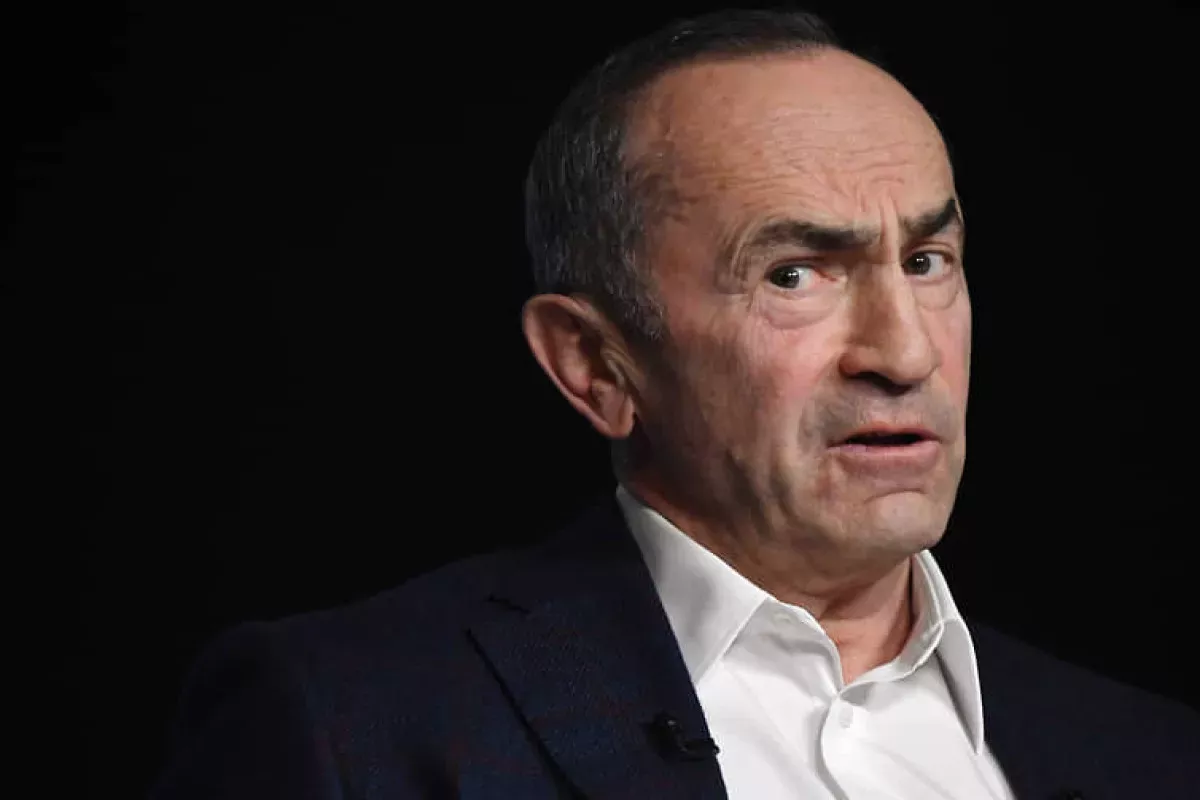Distrust as a factor President Aliyev on obstacles to peace in the South Caucasus
The remarks made by President of Azerbaijan Ilham Aliyev at the 3rd Shusha Global Media Forum during a meeting with participants of this major event in the city of Khankendi continue to draw the attention of the international community and leading global media outlets.

It is worth noting that the head of state provided comprehensive answers to questions concerning the Armenian-Azerbaijani settlement, clearly outlining the priorities of Azerbaijan’s foreign policy. In particular, President Aliyev shed light on the prospects for signing a peace agreement between Azerbaijan and Armenia, once again stressing the need for Yerevan to fulfil two key conditions set by Baku.
“I believe we are very close to signing a peace treaty. It could be signed immediately after amendments are made to Armenia’s Constitution and the OSCE Minsk Group is dissolved,” Ilham Aliyev stated, once again sending a clear message to the international community that Azerbaijan’s position on issues of principled importance remains unchanged.
As is known, despite loud declarations by the Armenian leadership about its commitment to peace in the region, official Yerevan continues to evade fulfilling Baku’s core demands. For instance, the preamble of Armenia’s current Constitution contains a reference to the Declaration of Independence, which includes territorial claims against Azerbaijan.
In January 2024, Prime Minister Nikol Pashinyan stated that Armenia needs a new constitution that would “ensure the country’s viability under new geopolitical conditions,” later clarifying that the provisions of the Declaration of Independence, which forms the basis of the current constitution, pose a threat of war to the country.

Then Pashinyan announced that the authorities plan to hold a referendum on adopting the new constitution in 2027, noting that his team is also considering the possibility of holding the referendum simultaneously with the 2026 parliamentary elections. At that time, he claimed that changing the constitution was purely a matter of internal politics and would have no regional or international impact. As we can see, words — and only words...
Recent events — nearly thirty years of Armenian occupation of Azerbaijani territories, the inconsistent policy of the Armenian leadership, and Yerevan’s refusal to recognise the territorial integrity of Azerbaijan — only deepen the distrust towards official Yerevan. Moreover, the clearly visible inconsistency in Pashinyan’s statements, which are often provocative, is a separate story deserving attention.
For example, let us recall that in 2019, at a rally in Khankendi dedicated to the opening of the 7th Pan-Armenian Summer Games, the Armenian prime minister declared that “Karabakh is Armenia, period.” In October 2020, in an interview with BBC World News, he again asserted that “Karabakh is Armenia,” adding that supposedly “Azerbaijan attacked Nagorno-Karabakh with the help of terrorists.”
In October 2022, Nikol Pashinyan publicly acknowledged for the first time that Karabakh is part of Azerbaijan. However, just last week, during a press conference, he unexpectedly stated that “this decision was made by me back in September 2022, after Armenia did not receive help from the Collective Security Treaty Organisation (CSTO), which it appealed to due to the threat from Azerbaijan.” In other words, the Armenian prime minister implied that his recognition of Karabakh as Azerbaijani territory was a forced measure, not a conscious decision by Yerevan.
All of this combined gives Baku grounds to doubt the peaceful intentions of the Armenian side, since there are no guarantees that the Armenian authorities will not again change their position on Karabakh. This point was also noted by President Ilham Aliyev when speaking about his recent meeting with the Prime Minister of Armenia in Abu Dhabi.
“One of the topics that we discussed was a very low level of trust between the parties. Which is completely understandable. As for us, our position has never changed. Just as I said in 2003 that Karabakh is our land, I continue to say this over the past 22 years. But the Armenian position has changed. Where is the guarantee that it will not change again? Is there such a guarantee? Taking into account the etymology and the evolution of consciousness. I do not have such a guarantee, therefore the guarantee must be international legal norms and documents that will, as I said in Abu Dhabi, firmly and resolutely close the lid of the coffin of separatism. And for this, the dissolution of the OSCE Minsk Group is necessary. The logic is simple. If the Armenian side believes that the Karabakh conflict is over and the Minsk Group was created to address the Karabakh conflict, then it must be liquidated. To do this, changes to the Armenian constitution are needed so that the declaration of independence containing territorial claims to Azerbaijan is removed,” Ilham Aliyev emphasised.
The President of Azerbaijan also pointed to gaps in Armenia’s foreign policy that undermine integration processes in the region.
“The interests of Armenia and Azerbaijan may coincide. But the thing is that Armenia has always seen it differently. If there had been no occupation, no deportation of Azerbaijanis with all the barbarity, destruction and genocide, the situation in the South Caucasus would have been completely different. The South Caucasus would have been integrated long ago economically, politically, transport-wise, and, most likely, in terms of energy. And everything would have been fine, so much time would not have been wasted,” said President Aliyev, stressing that the root cause lies in the occupation nature of the regimes that have ruled Armenia since the collapse of the USSR.
“None of them were particularly different from each other in their Azerbaijanophobia and unmotivated aggression against Azerbaijan,” the head of state underscored.

How can one not recall the words of former Armenian President Robert Kocharyan about the "ethnic incompatibility" of Armenians and Azerbaijanis? This is a vivid illustration of the aggressive, hate-filled policy towards Azerbaijanis that the Armenian authorities have pursued for many years.
In addition, there is another negative factor — the so-called European Union Monitoring Mission (EUMA), which the Armenian government clings to like a drowning person to a straw, persistently presenting it as an "important condition for ensuring security in the region."
The formally stated goal of the mission is to promote stability in Armenia’s border areas, but in reality, it is deliberately engaged in espionage and intelligence gathering on Azerbaijan, Iran, and the region as a whole.
Official Baku has repeatedly stated that representatives of intelligence and security agencies operate under the guise of observers in this mission and has demanded its withdrawal from Armenian territory.
Baku’s position regarding this highly questionable European mission aimed at destabilising the region remains unchanged. Except for Armenia, it is obvious to all regional countries that Armenia’s European patrons are actively pursuing their own strategic interests, which run counter to the goals of ensuring stability in the South Caucasus. Blindly following the directives of their Western patrons, primarily France, which played an active role in expanding the EU mission in Armenia, official Yerevan is jeopardising regional stability and security.
This is why the points made by President Aliyev at the 3rd Shusha Global Media Forum are of tremendous importance for maintaining stability in the South Caucasus and must be heard by the international community.








